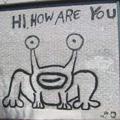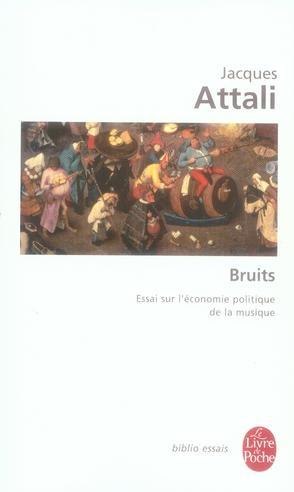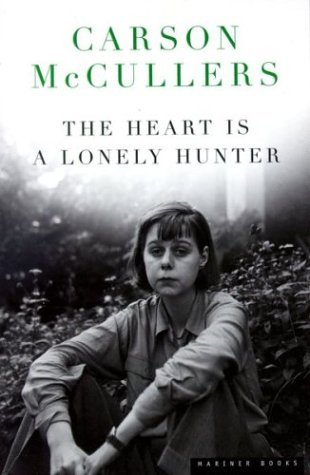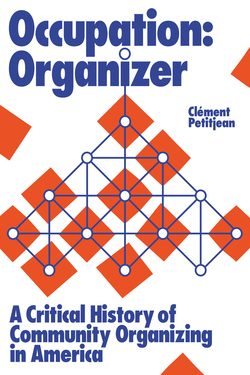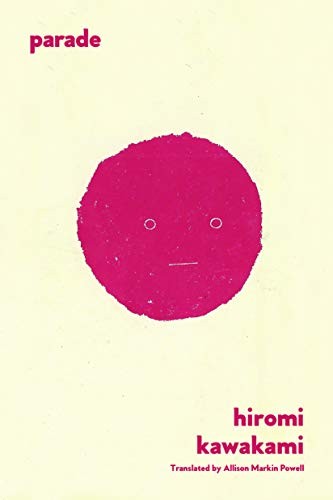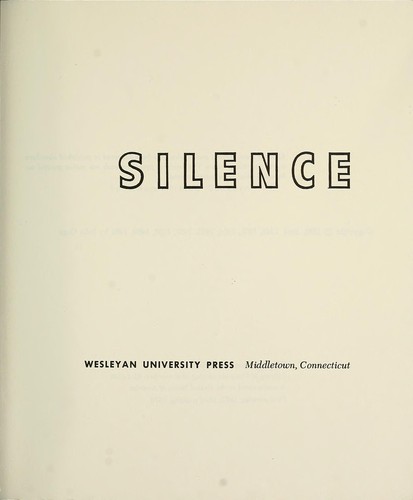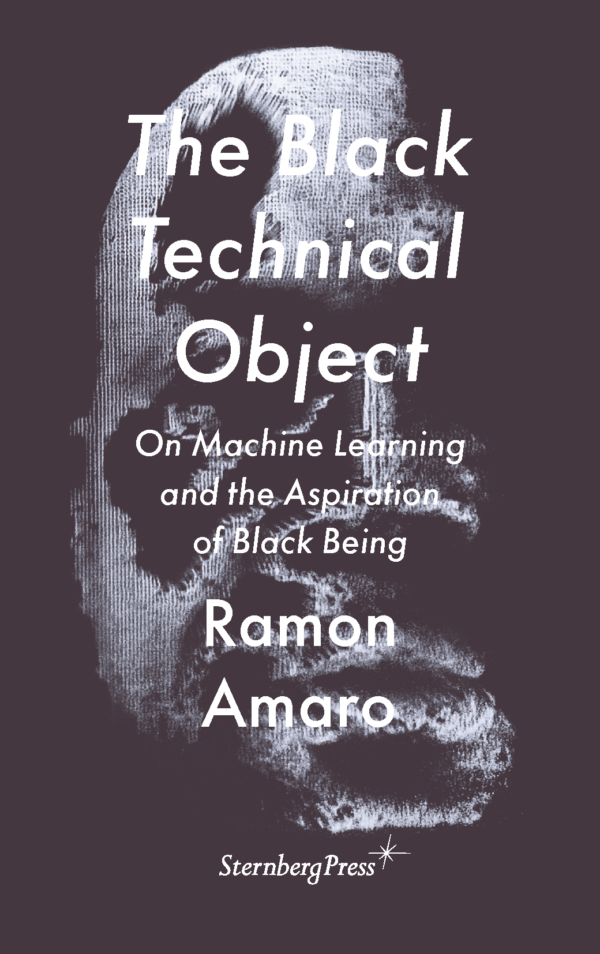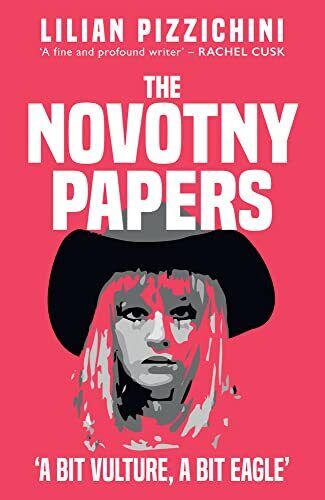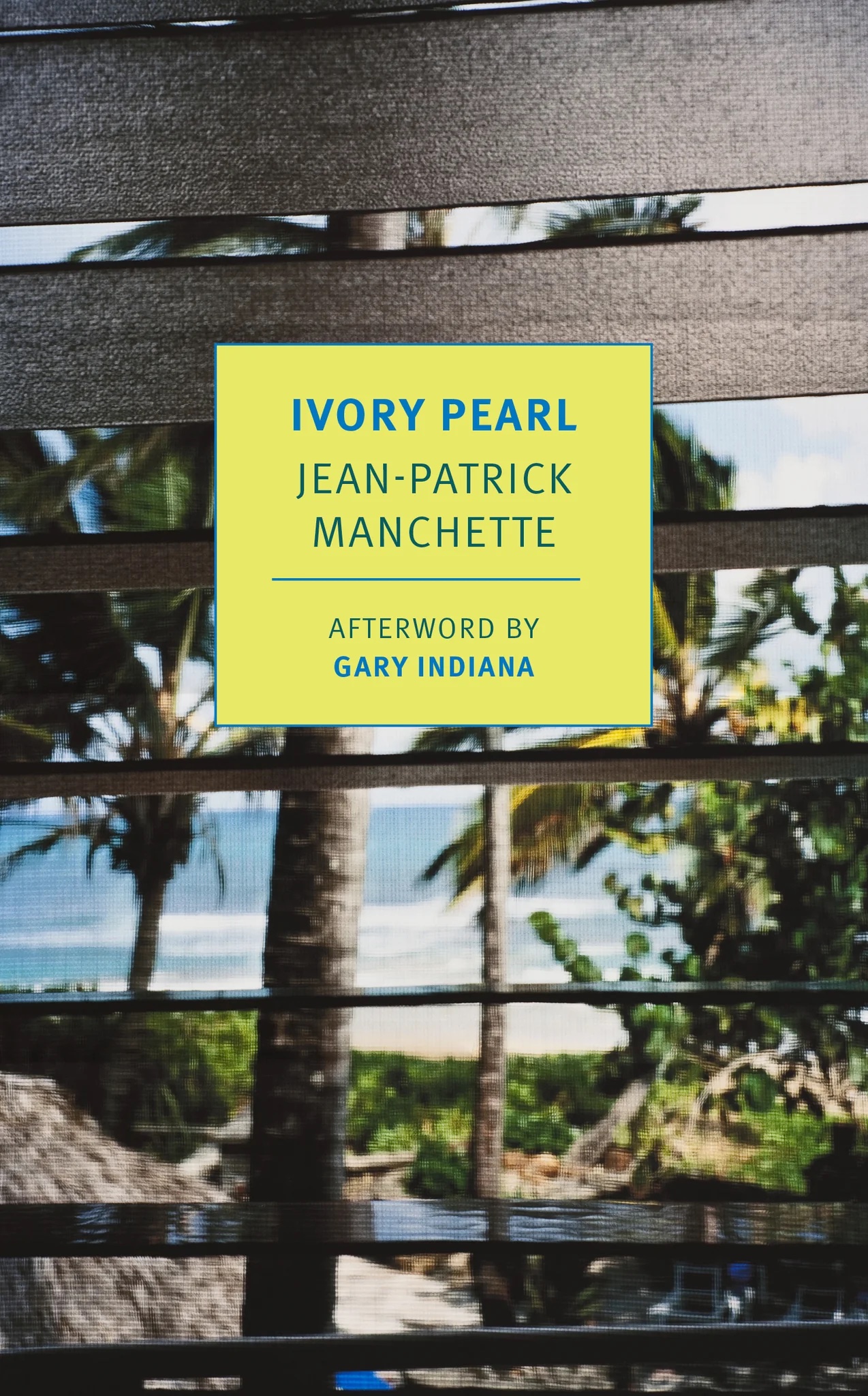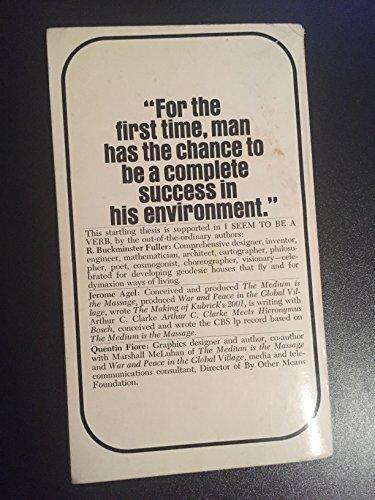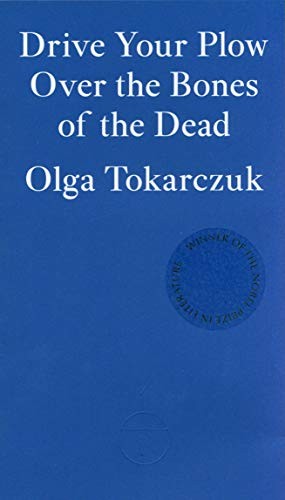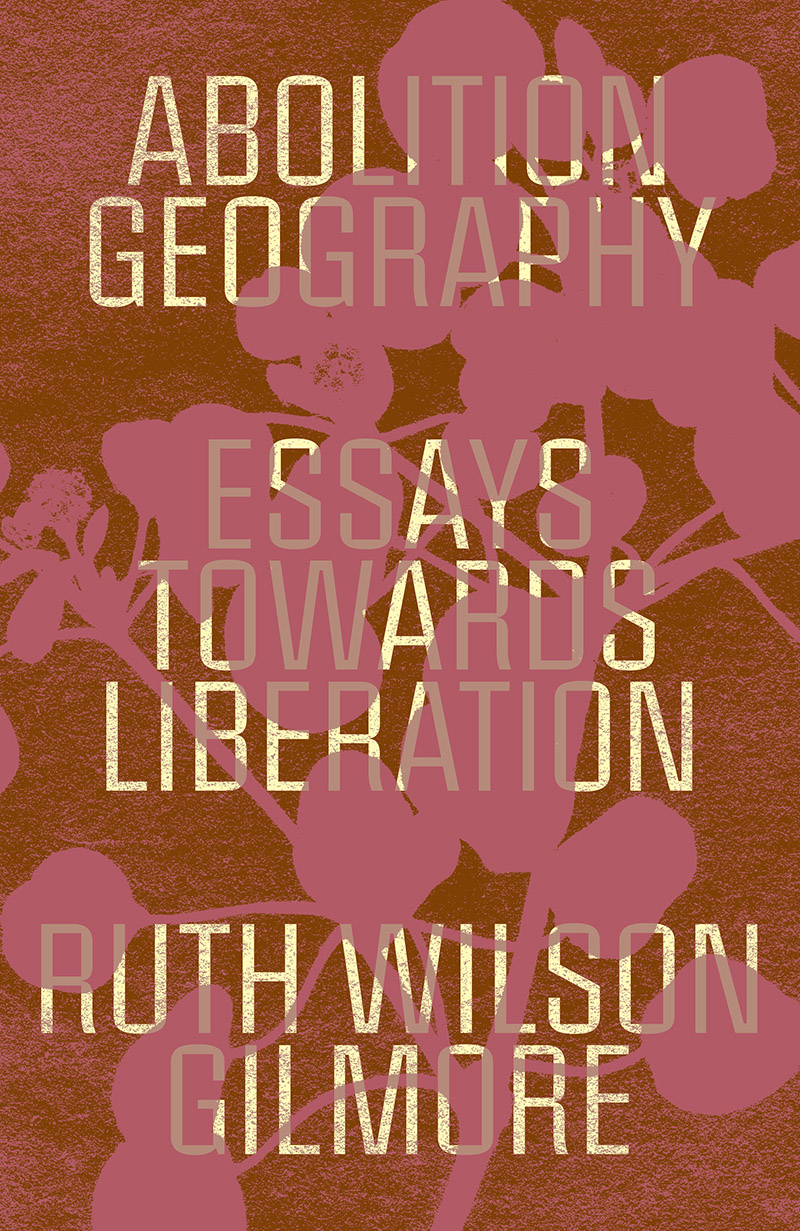Jim Brown reviewed Bruits by Jacques Attali
Music is prophecy
Attali takes the reader through networks of music, through different wasy of disciplining noise: sacrificing (music as ritual, as the murder of the scapegoat, and as oral culture), representing (music as a player representing what is on the page for the audience), repeating (recording music and transforming it into a commodity), composition (and emerging network in which the musician plays "for himself" and is not concerned with the commodity). The latter network indicates some kind of hope for Attali, even if he says he's not offering value judgements, and it's embodied in composers like Cage.
"Music, the organization of noise...reflects the manufacture of society; it constitutes the audible waveband of the vibrations and signs that make up society. An instrument of understanding, it prompts us to decipher a sound form of knowledge." (4)
"Music is prophecy. Its styles and economic organization are ahead of the rest of society because it …
Attali takes the reader through networks of music, through different wasy of disciplining noise: sacrificing (music as ritual, as the murder of the scapegoat, and as oral culture), representing (music as a player representing what is on the page for the audience), repeating (recording music and transforming it into a commodity), composition (and emerging network in which the musician plays "for himself" and is not concerned with the commodity). The latter network indicates some kind of hope for Attali, even if he says he's not offering value judgements, and it's embodied in composers like Cage.
"Music, the organization of noise...reflects the manufacture of society; it constitutes the audible waveband of the vibrations and signs that make up society. An instrument of understanding, it prompts us to decipher a sound form of knowledge." (4)
"Music is prophecy. Its styles and economic organization are ahead of the rest of society because it explores, much faster than material reality can, the entire range of possibilities in a given code" (11)
"I would like to trace the political economy of music as a succession of orders (in other words, differences) done violence by noises (in other words, the calling into question of differences) that are prophetic because they create new orders, unstable and changing."
